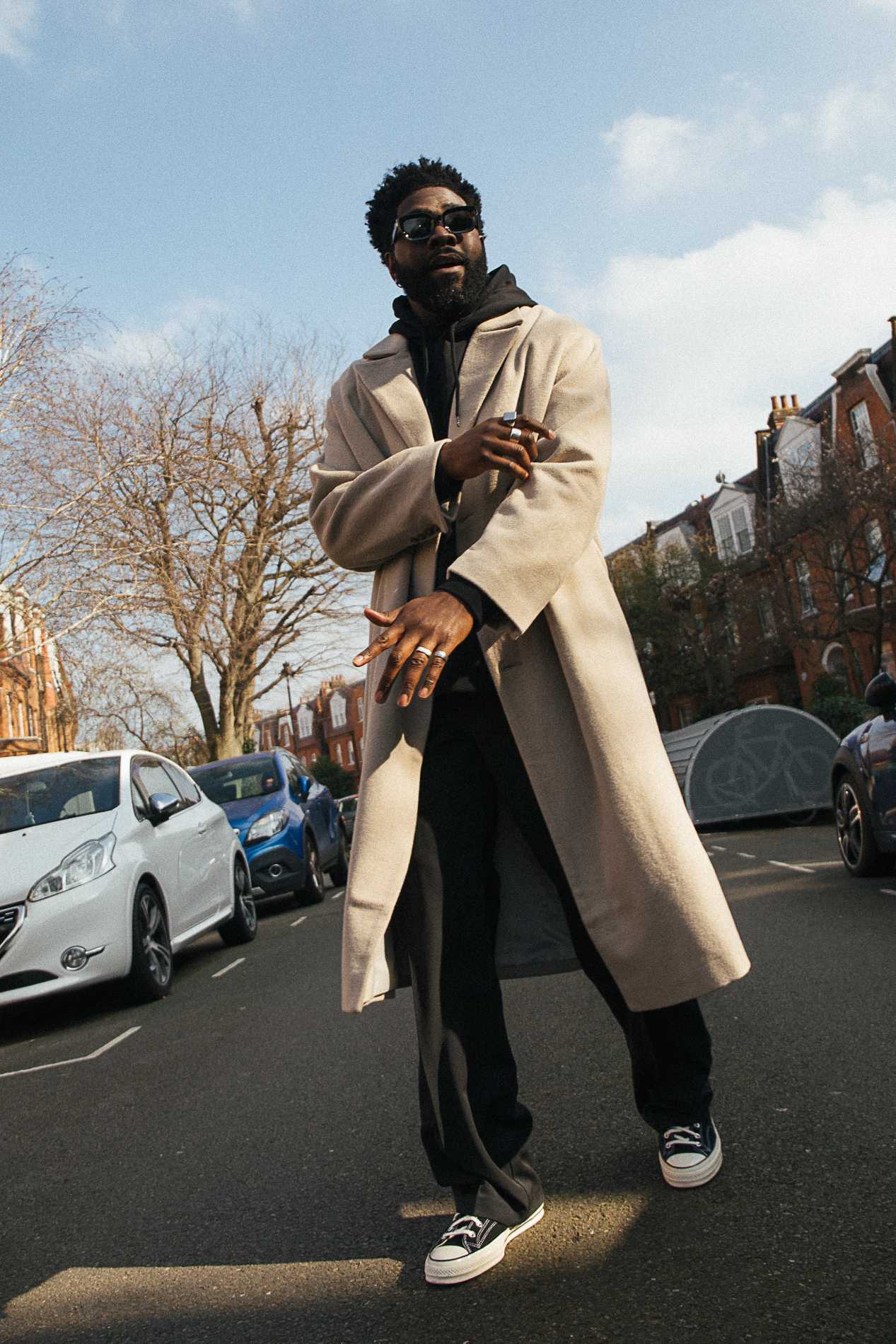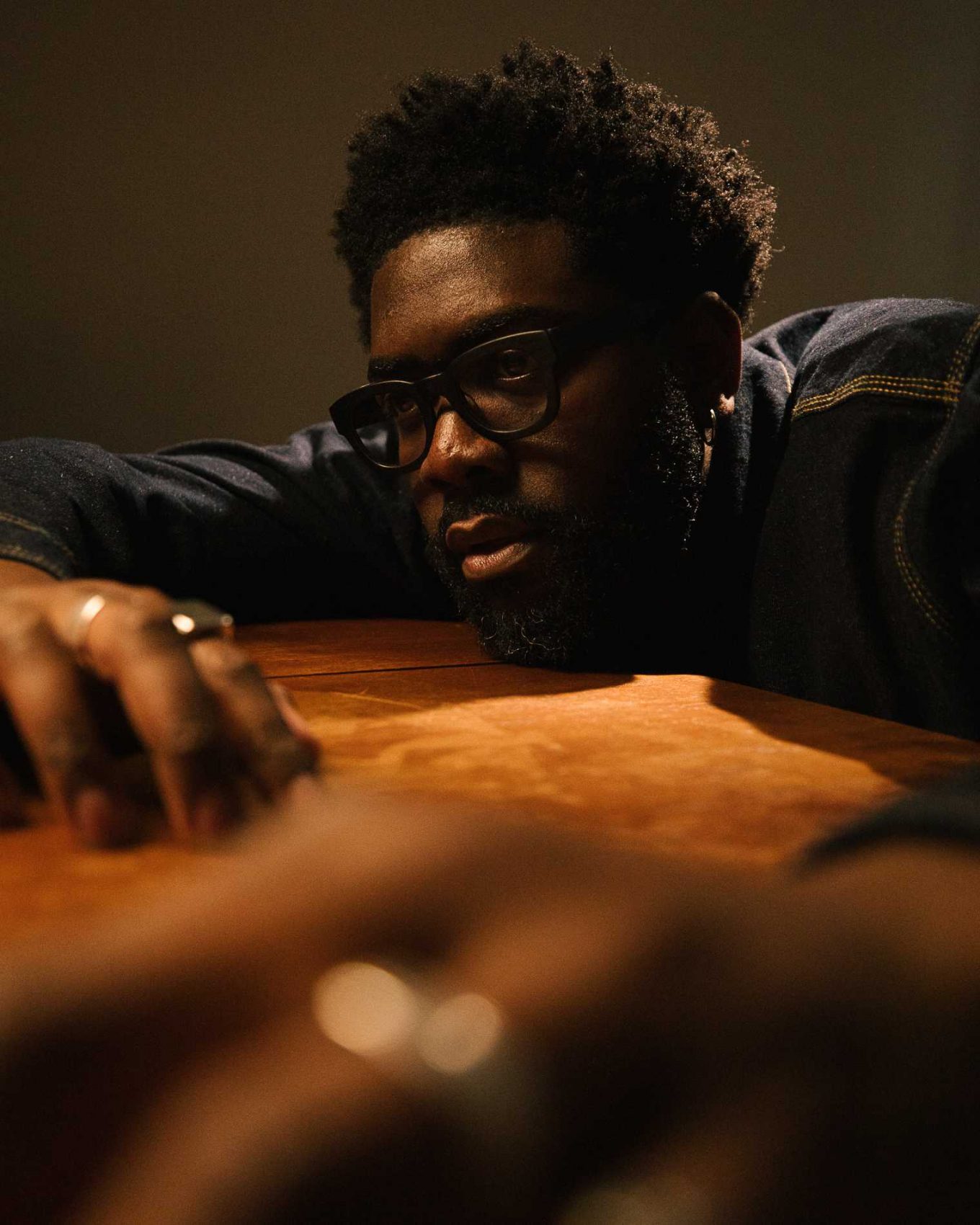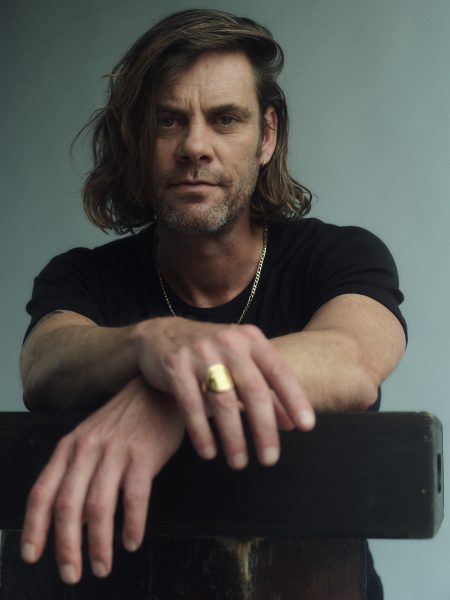Jake Isaac is set to release his most personal album yet, Benjamin, which delves deep into his heritage, spirituality, and life journey. In this interview, Jake discusses the inspiration behind this introspective project, revealing how a journey of self-discovery and the loss of a close friend led him to embrace vulnerability in his music.
Your new album Benjamin is deeply personal, reflecting your heritage, spirituality, and life journey. What inspired you to create an album that delves so deeply into your own experiences, and how did you decide that now was the right time to share these stories?
My main inspiration for this new record has definitely been an ongoing journey of self-discovery. I felt like of recent of over the past two years in particular particularly since one of my closest friends died, I realised life is too short to withhold parts of one’s self in the art we create. Art is supposed to be about expression, authenticity and that might be a bit raw and uncomfortable in places but once done, it’s a good risk to take. With this album I wanted to start to take that risk lyrically and sonically; hence Benjamin.
You’ve mentioned that Benjamin reflects sides of you that are usually hidden from public view. How did it feel to explore these more private aspects of your life in your music, and what was the most challenging part of that process?
Eventually, it felt great. The biggest challenge/temptation for me with this process was dialing down the vulnerability. I think sometimes when it comes to being one’s true self there is always a fear that you might be rejected. This definitely played on my mind at points during creating this record.
The new single Ever Yours has been described as romance personified but goes deeper than a typical love song. Can you share more about the inspiration behind this track and how it fits into the broader themes of the album?
I think this song for me goes a bit deeper with the whole romance thing because it’s a song that uses language that leaves one completely vulnerable. I think that although we as humans often feel this type of love in relationships, we hesitate to use such language just in case it all goes wrong and the relationship falls apart, so I decided to use it in a song.

Working with co-producer Ian Barter and a team of virtuoso musicians, you focused on live performances with minimal overdubs for Benjamin. How did this approach enhance the authenticity and emotional resonance of the album?
My whole music journey started with live instruments and so this process for me was really cathartic for me. There’s nothing like hearing instruments in a room making sounds and moving air and impacting you physically and then capturing that! This whole process definitely contributed to the emotional resonance of the album for me.
Your background as a musical director and writer/producer for artists like Duffy, Gabrielle, and Cynthia Erivo has influenced your work on Benjamin. How did those experiences shape the sound and production of the album?
Each of those experiences working with those incredible people has helped me to refine my artistic expression through music. I kind of see them as opportunities to figure out what works, what others like, and what I like. The most special part of the process for me is actually deliberately combining all of those experiences into what I need to create. I’m grateful to have worked with such incredible people.
The album touches on themes of faith, identity, and family heritage. How did your upbringing, particularly your religious background, influence the music and messages in Benjamin?
Core values contribute to one’s outlook on life. The minute we deny any part of our life experience, core values, faith, hurt, etc; is the minute we are not our true selves. These influences impacted the songs on this album emotionally and so much deeper because they are a part of who I am.
Tracks like Selah and Sunday Morning bring a sense of serene reflection to the album. How do these moments of calm contrast with the more intense or bittersweet tracks, and what do they add to the overall narrative of Benjamin?
These two tracks in particular are the ‘pauses’ the ‘commas’ in the narrative of the album. My intention for these tracks was that they would help the listener to feel something that is not influenced by lyrics but simply that they might be able to have the space to create lyrics for themselves (or not).
You’ve been recognized by legends like Sir Elton John and Sting. How does their support impact your confidence and creativity, especially when working on a project as personal as Benjamin
Having people like them even know who I am let alone hear my music is a massive privilege. Confidence-wise I would say this has specifically contributed to a project in particular, but rather I feel like their acknowledgement has contributed to my overall artist perspective and encouraged me to be even more authentically myself.
The album ends with the acoustic closer Why, which echoes the spirit of Marvin Gaye. How did you approach writing this song, and what does it explore?
I wanted to write a song which leaves the lister feeling seen. I also feel like I’ve never written a song that asks challenging questions but also leaves one feeling like we are not alone in the world. I really hope this song resonates with others the way it has for me.
With Benjamin set to release in October, what do you hope listeners will take away from this album, and how do you see it resonating with both longtime fans and new audiences?
[Laughs] If I’m honest, I’m just hoping that people actually like it. Any takeaways will be a bonus.





